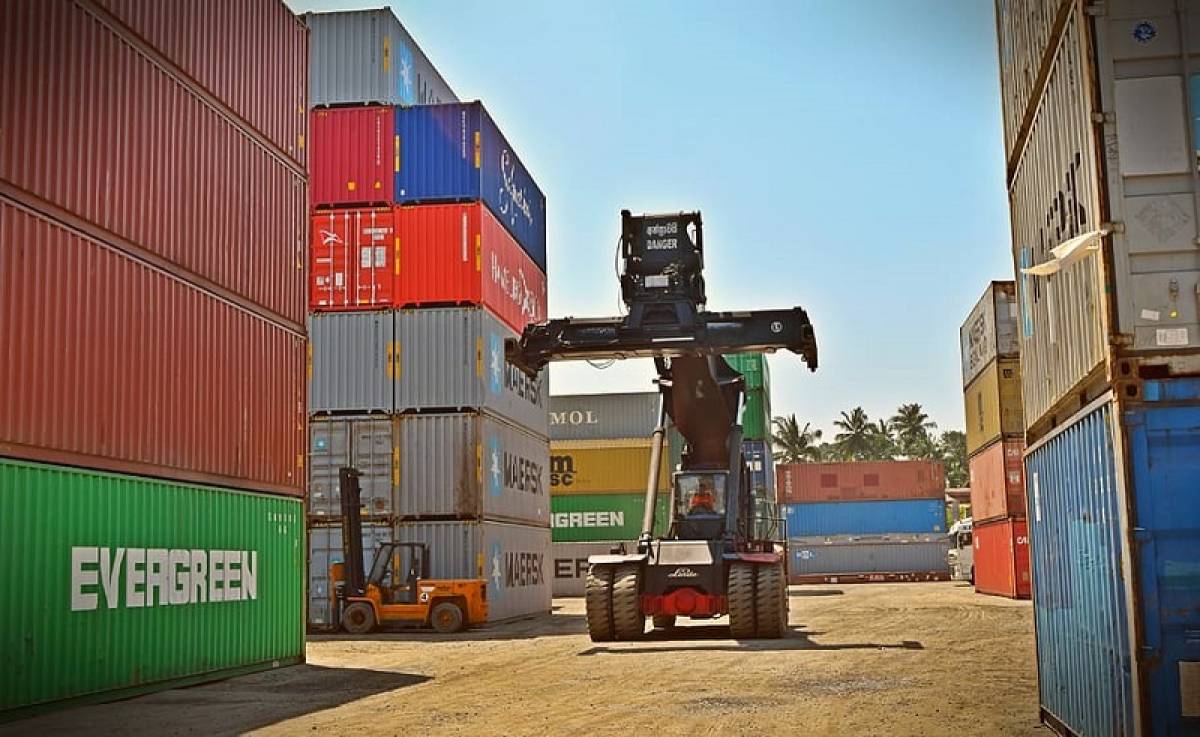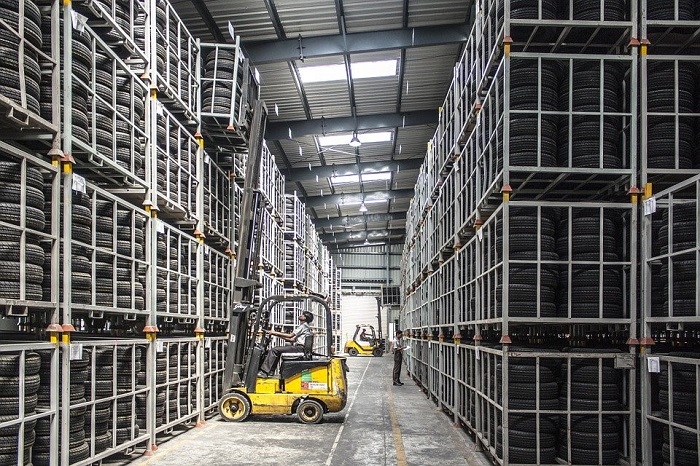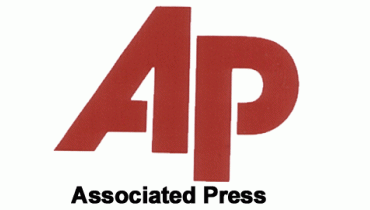8 Tips for Operating an EWP Safely in Your Premises

At business and company warehouses, elevating work platform (EWP) operators are an essential group of specialists that work to ensure smooth running of the business.
Just like with other tasks, operating an elevated work platform can be extremely dangerous for the operator and the people nearby.
If you work as an EWP operator or have employees that work as EWP operators, then you need to know the safety measures that should be taken to ensure safe working conditions.
But before getting to that, you might want to look over some risks of operating an EWP, which is essentially a type of machinery designed for personnel to access high and hard-to-reach areas.
Common Risks Associated with Operating an Elevated Work Platform
Some of the common safety risks and hazards that exist when operating an elevated work platform, which should be mitigated, include:
1. An Object Falling on You
When you are working with an EWP, you're in charge of elevating objects to a height.
If all the proper procedures are not followed to the dot, there is a high risk of the object falling on you. Even with the top head safety, you might suffer injuries.
2. Supporting Surface Risks
When you are operating an elevated work platform, you need to be extremely careful of the surface you are driving it on.
If the surface is slippery or has loose debris, then your machine might not be stable and slip.
3. Manoeuvring the Vehicle
Sometimes you might get too focused on manoeuvring the EWP that you might forget to take care of the object you are carrying. That can result in a lot of damages.

How You Can Be Safe At the Job
To mitigate the risks of operating an EWP at any business premises, you need to takes some proactive safety measures, including the following:
1. Get EWP Training to Understand all the Risks Involved
Before you get into an EWP, you should enrol in a training course that teaches the ins and outs, such as the EWP training services at Multi Skills. You will be able to learn many things, like how to properly operate an elevated work platform, estimating loads, and identifying possible hazards.
These safety courses will get you an EWP ticket, without which you can't work as an elevated work platform operator in any reputable business warehouse or construction company.
Learning from a reputable institution will also help you get better-paying jobs.
2. Follow Your Employer's Safety Guidelines
When you start working with a construction company, your employer should hand out a set of guidelines that contain details of the safety measures you need to take while working. These might also differ from project to project.
You need to understand all the rules and follow them to the dot. Otherwise, you might end up hurting yourself or someone else. Not only that, but you might damage the vehicle as well.
3. Inspect the EWP before Operating
Before you get on the elevated work platform assigned to you, it is crucial that you properly inspect all the functions. Even if your manager says that the EWP has already been inspected, you still need to check the machine.
If the machine fails any of your tests, then make sure to immediately report it to your manager and tag it. This will only help you to be safer at work and keep others secure as well.
4. Wear Proper Safety Equipment
Every worker on a construction site needs to wear plenty of equipment to keep themselves safe at all times. You might get briefed about the necessities during your EWP course, but you should still consult your employer or manager and figure out what you need to wear.
5. Do Not Exit a Platform at Height
This goes without saying, but you should never allow anyone to exit the platform when you have raised it to height. However, you can allow it if they inform you that the risks have been calculated and this is the safest way of accessing a specific location.
They should also have an approval letter from the manufacturer and your manager or employer.




















